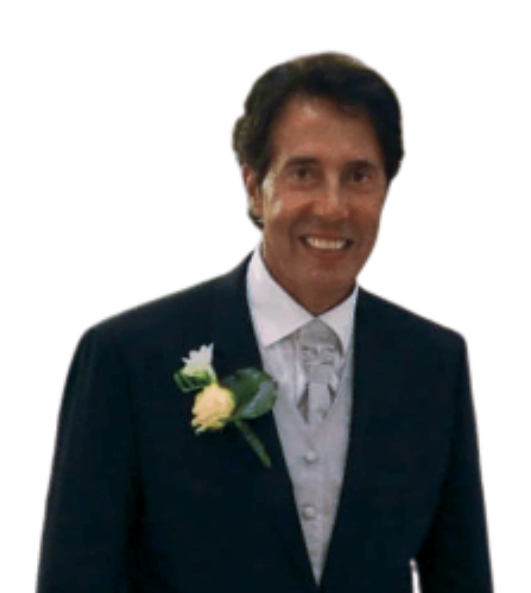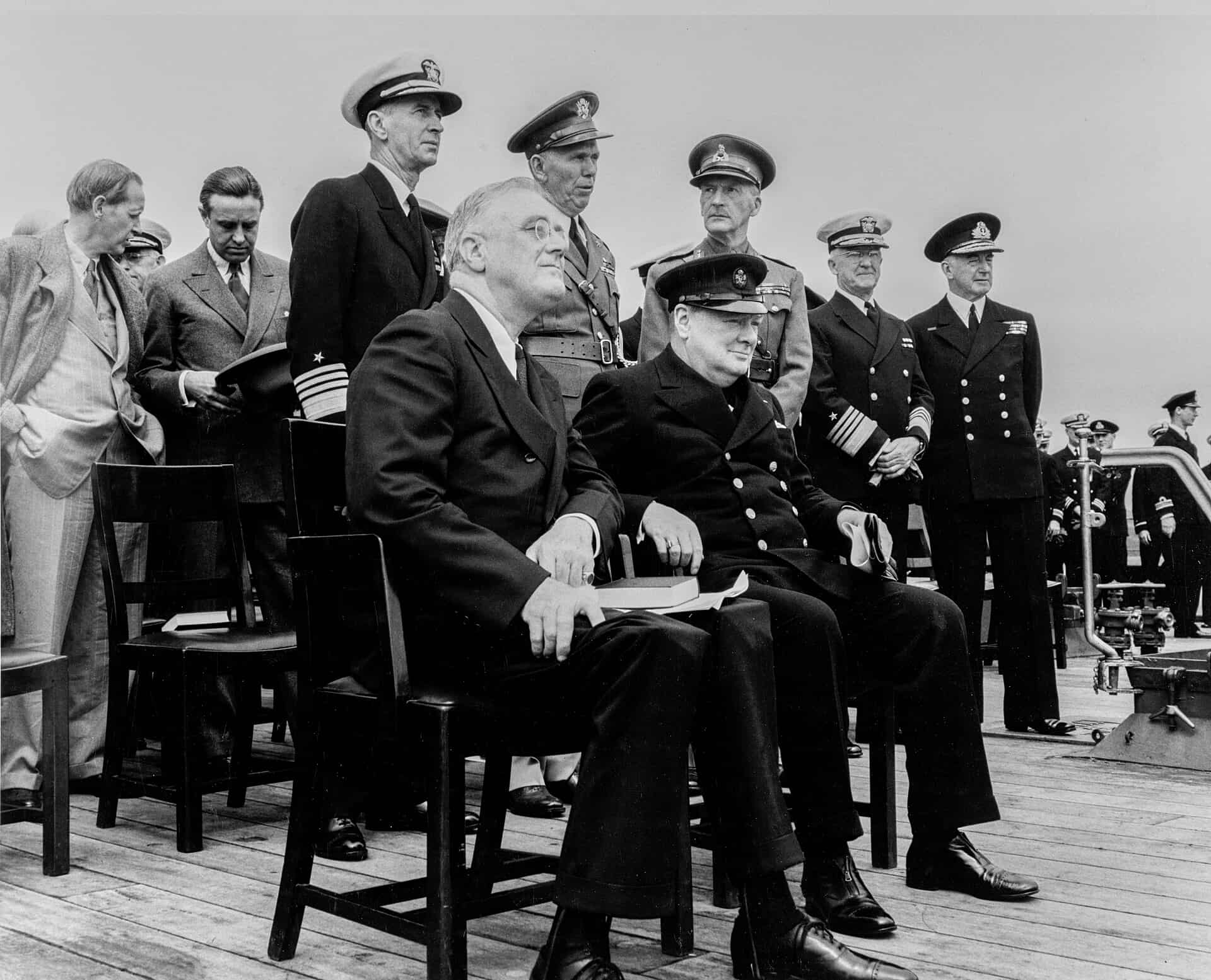Alex Liberto
2026
2025
Literature
Art, music and leisure: American creativity in the early twentieth century
The early twentieth century brought a surge of American creativity as artists embraced abstraction, architects reshaped cities and cinema became a national passion, capturing both ambition and unease in a rapidly changing country.
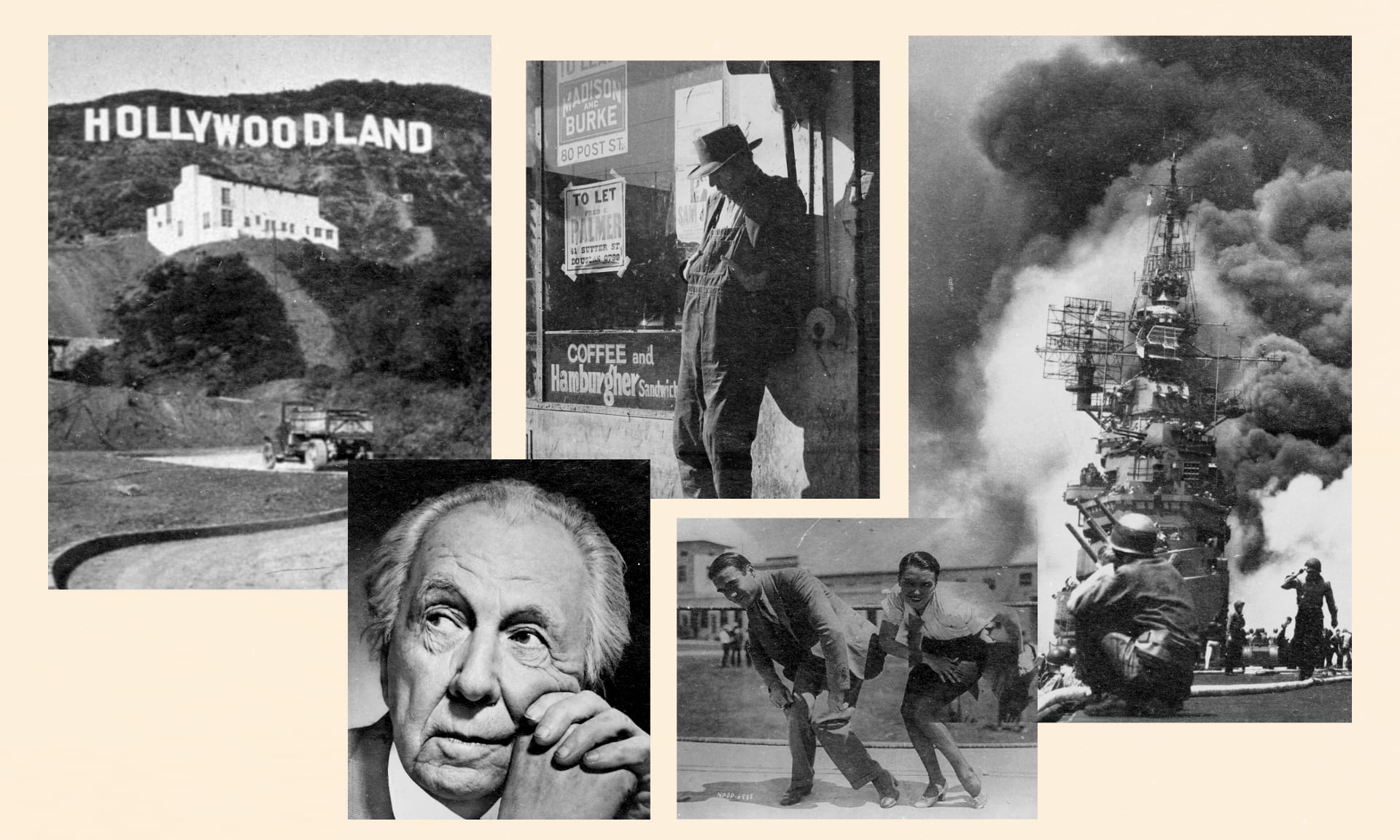
United States
'Faith, land and gold': The making of American culture
The relentless drive for faith, land and gold propelled a diverse people across a continent, creating an American culture from the collision of European traditions, African resilience and the raw wilderness itself.
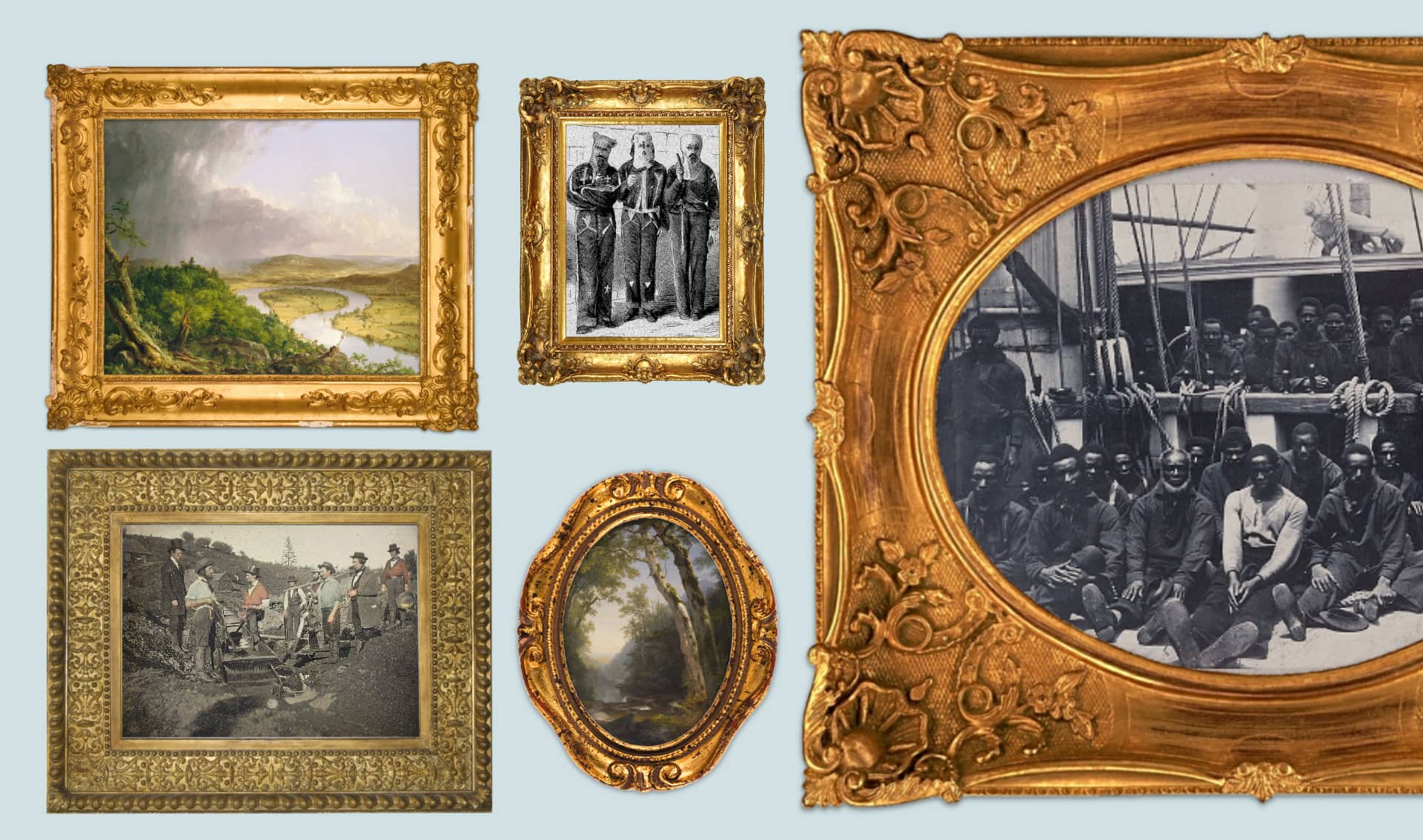
Literature
More than Just a Gay Icon: Edmund White (1940-2025)
June began with the death of two literary giants: Edmund White (died June 3, 2025 at 85) and Frederick Forsyth (died June 9,2025 at 86). Our literary editor, Alex Liberto, had met and corresponded with the former and has written this touching tribute.
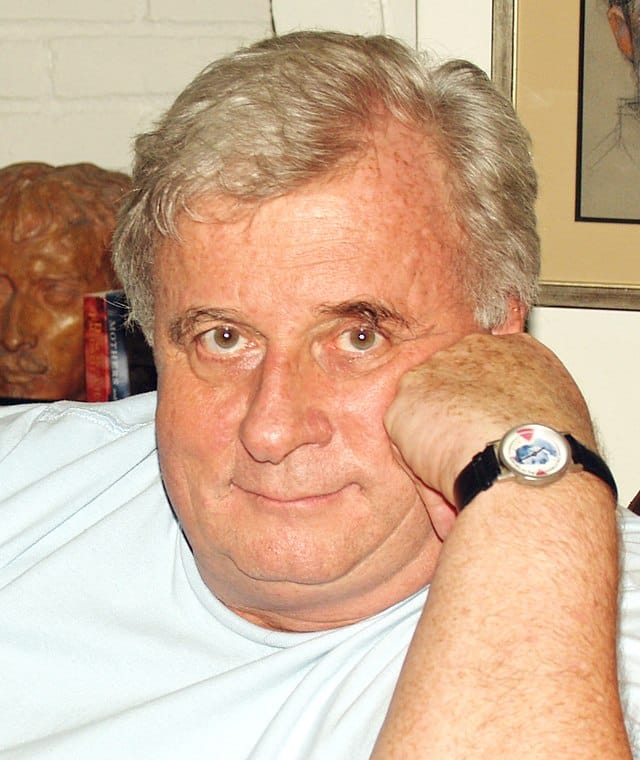
2023
Literature
English Poetry After WWII: The Rise and Evolution of Post-War Literature in The UK
In a world recovering from the devastation of war, how did English literature find its footing? Here are the most pivotal figures and movements that reshaped the post-war literary landscape.
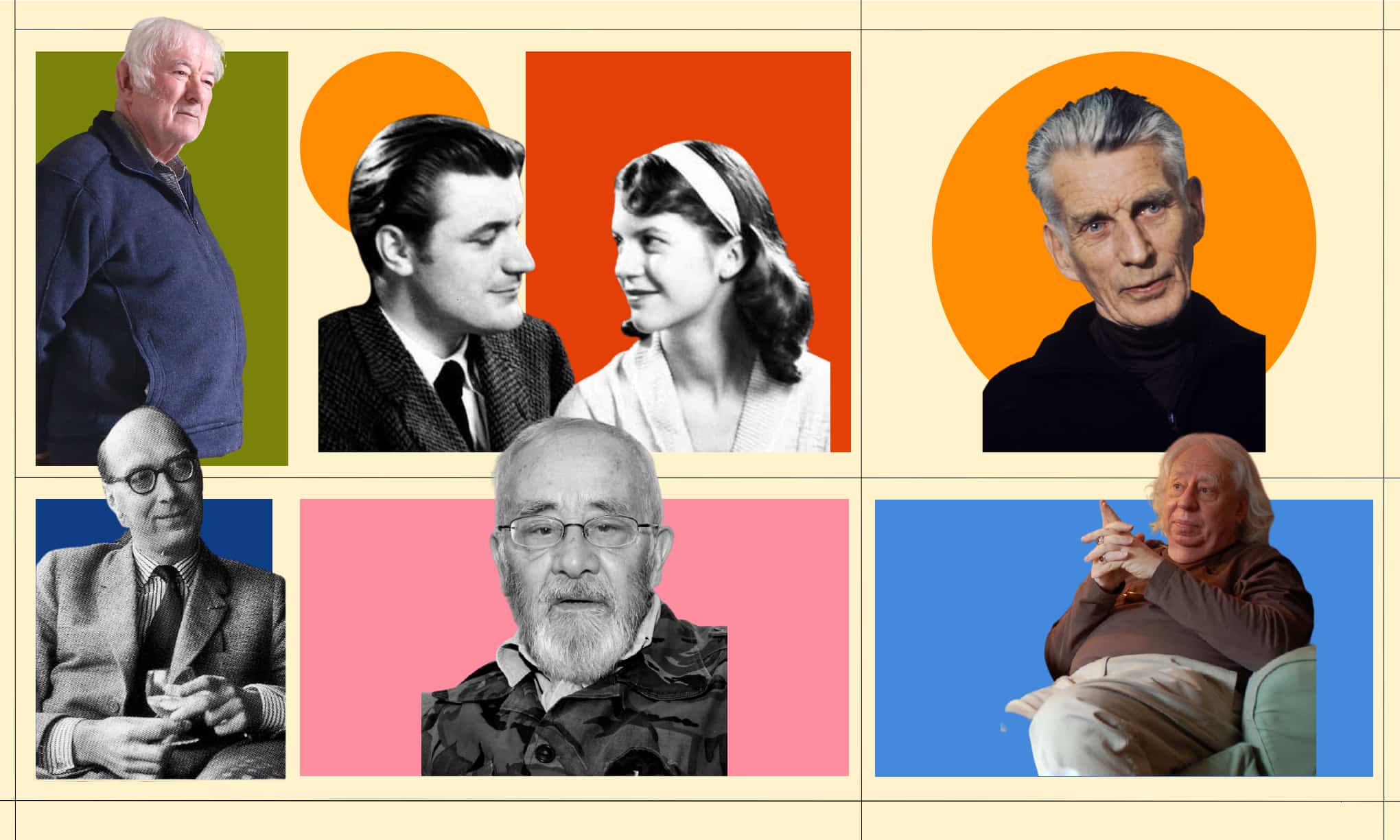
Literature
The Rise of the Angry Young Men in British Drama
Exploring social injustice and generation gap in post-war Britain drama through the works of John Osborne and other playwrights of the Angry Young Men movement.
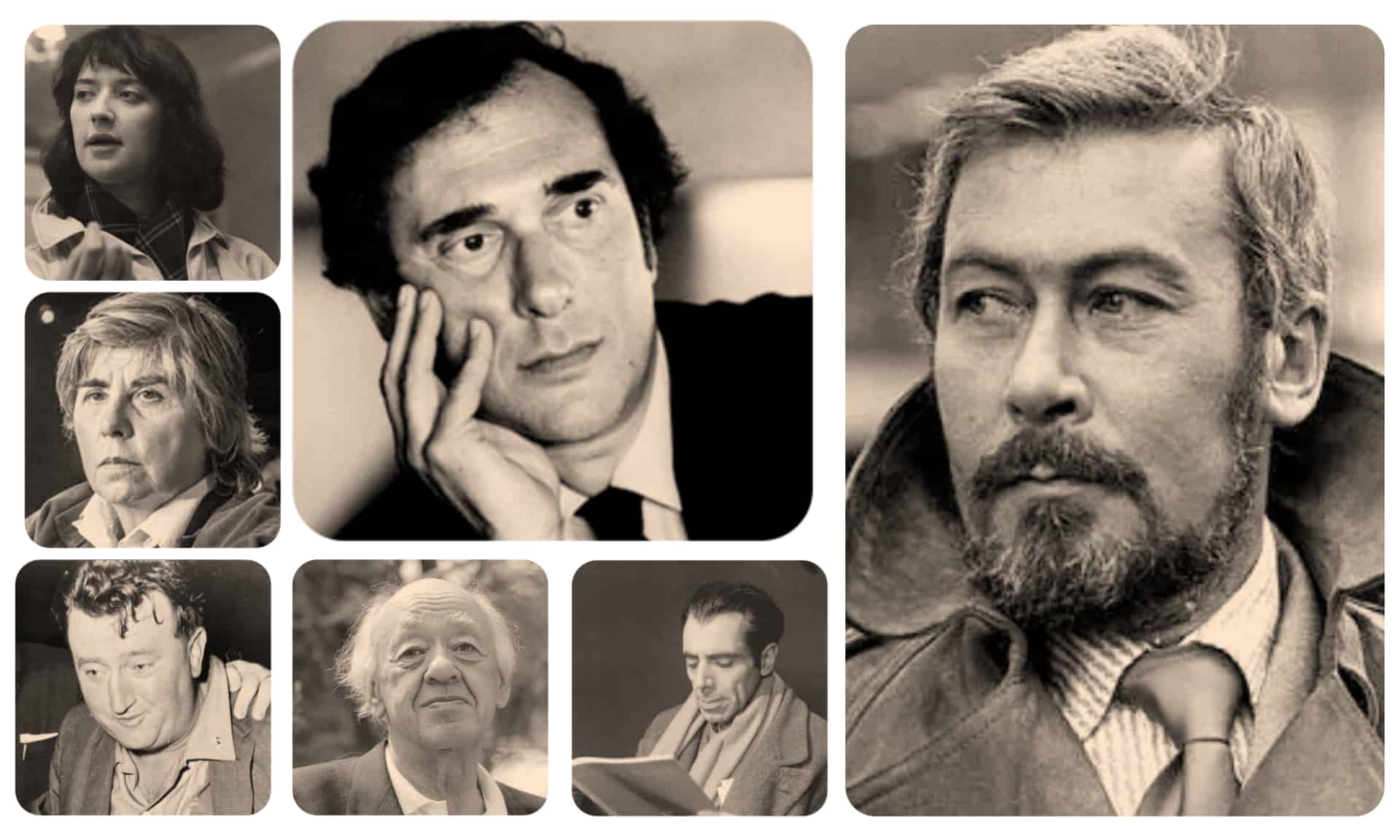
Literature
British Drama in the Age of Self-Discovery: Significant Plays and Key Themes
Uncovering the hidden gems of 20th century British drama.
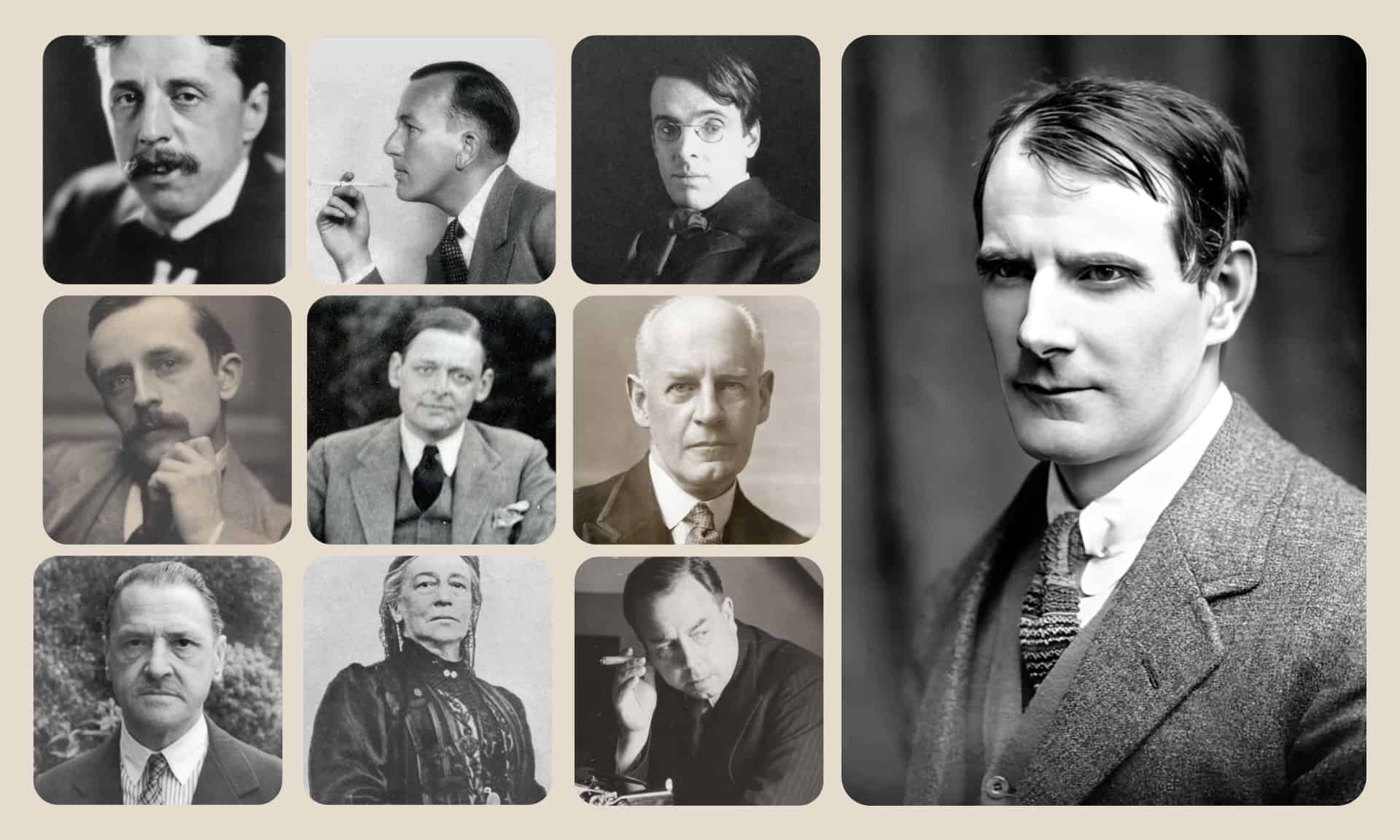
2022
Literature
How the age of self-discovery changed the English poetry and novel forever
The Age of Self-Discovery was a milestone for the English poetry and novel that opened the doors for the intellectual creativity and innovation of 20th-century writers.
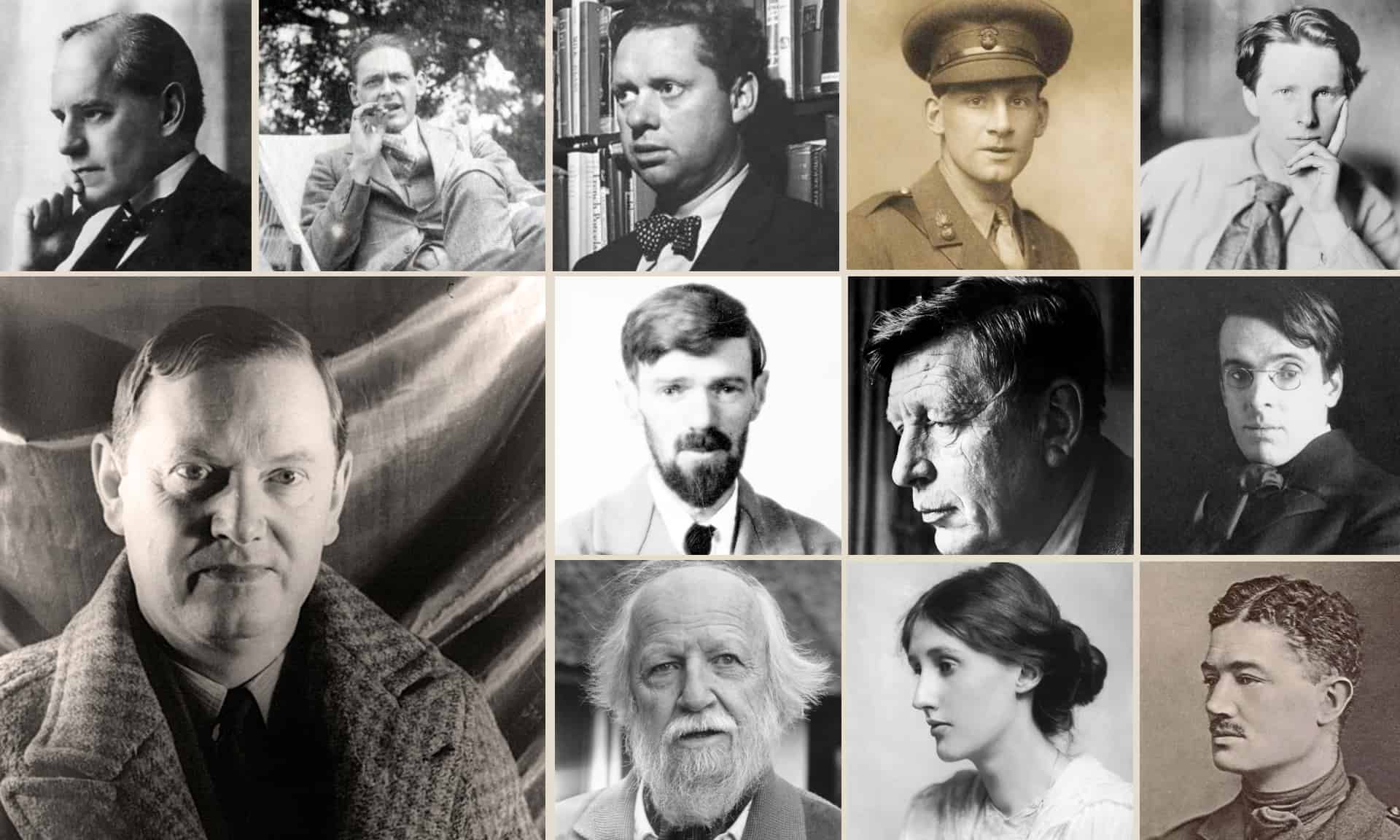
Literature
David Herbert Lawrence: The Freudian who hated industrialisation
David Herbert Lawrence has captivated the imagination with his rich and substantial prose, painting a clear picture of reality with spontaneous language.
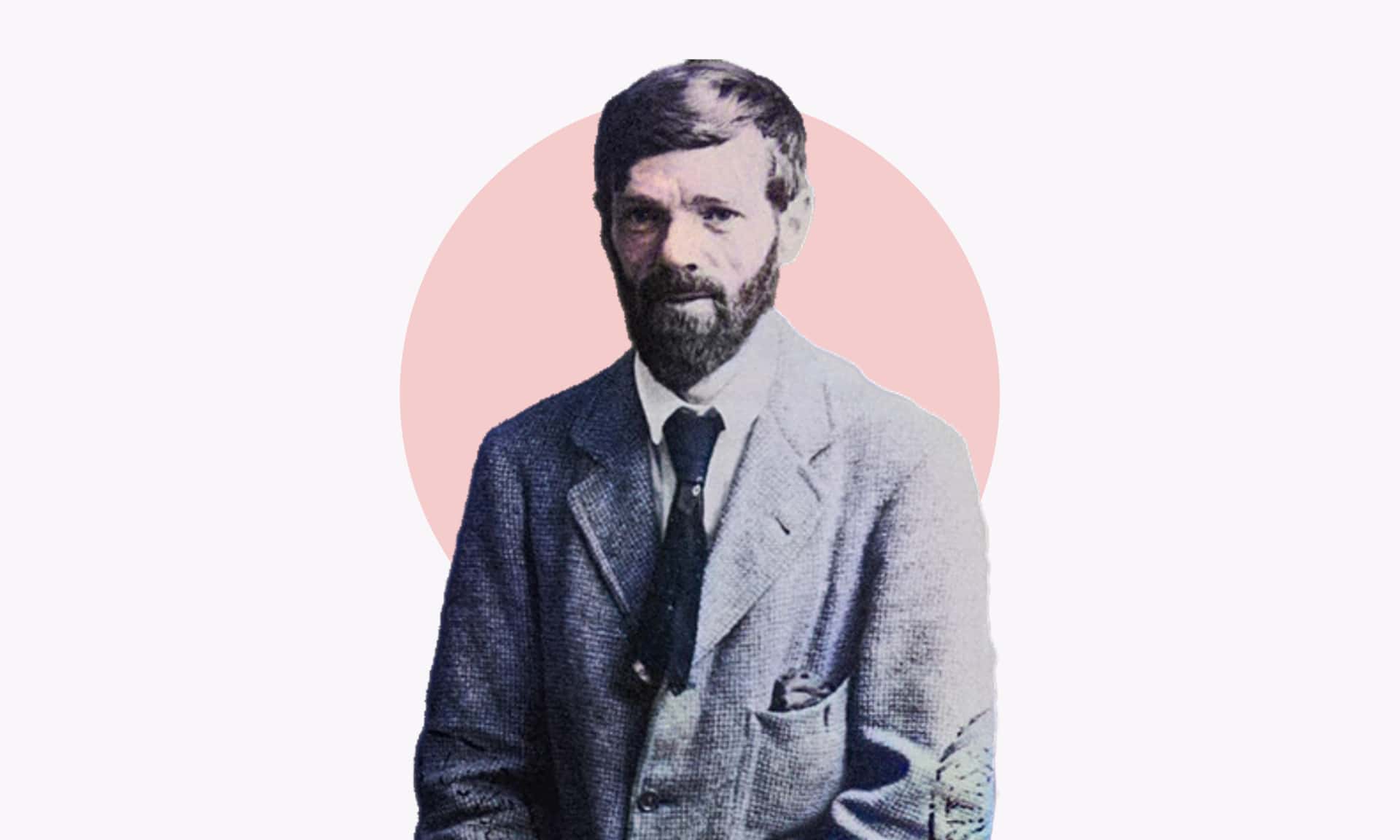
Literature
Unlocked and Unbolted: Virginia Woolf's Life and Works
Virginia Woolf and her tumultuous psychological hardships should be considered an essential cornerstone of modernist fiction.

Literature
Doris Lessing: Subjecting a Divided Civilisation to Scrutiny
Doris Lessing, a female writer who weighed in on the feminist front and who wrote about persecution, intolerance and injustice.
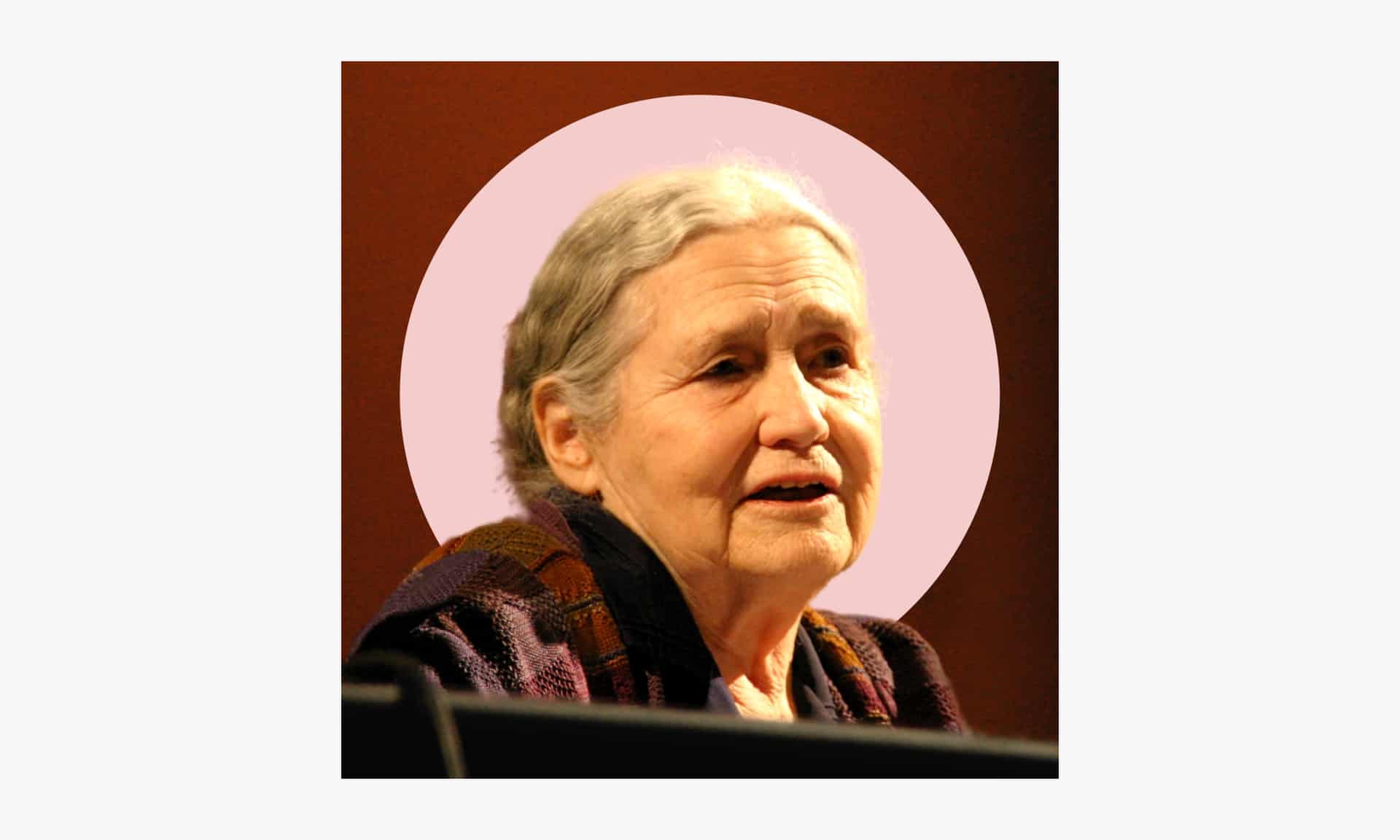
Literature
Edward Morgan Forster: Life and works
Edward Morgan Forster: his life and his works.
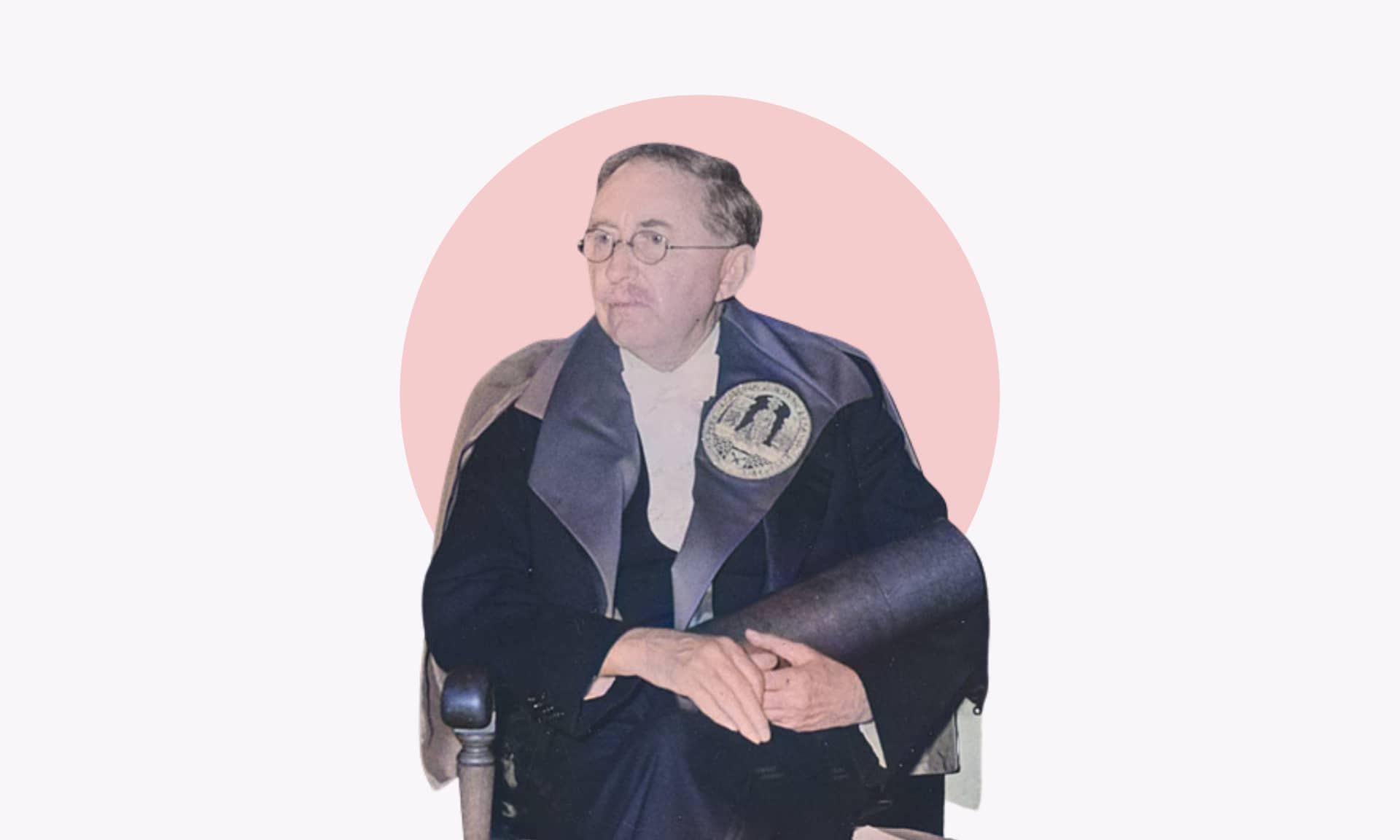
Literature
From patriotism to pure poetry: Isaac Rosenberg’s Break of Day in the Trenches
Isaac Rosenberg (1890-1918) did not sing the praises of war; he reflected on its philosophical and poetical impact through symbolism and imagery.
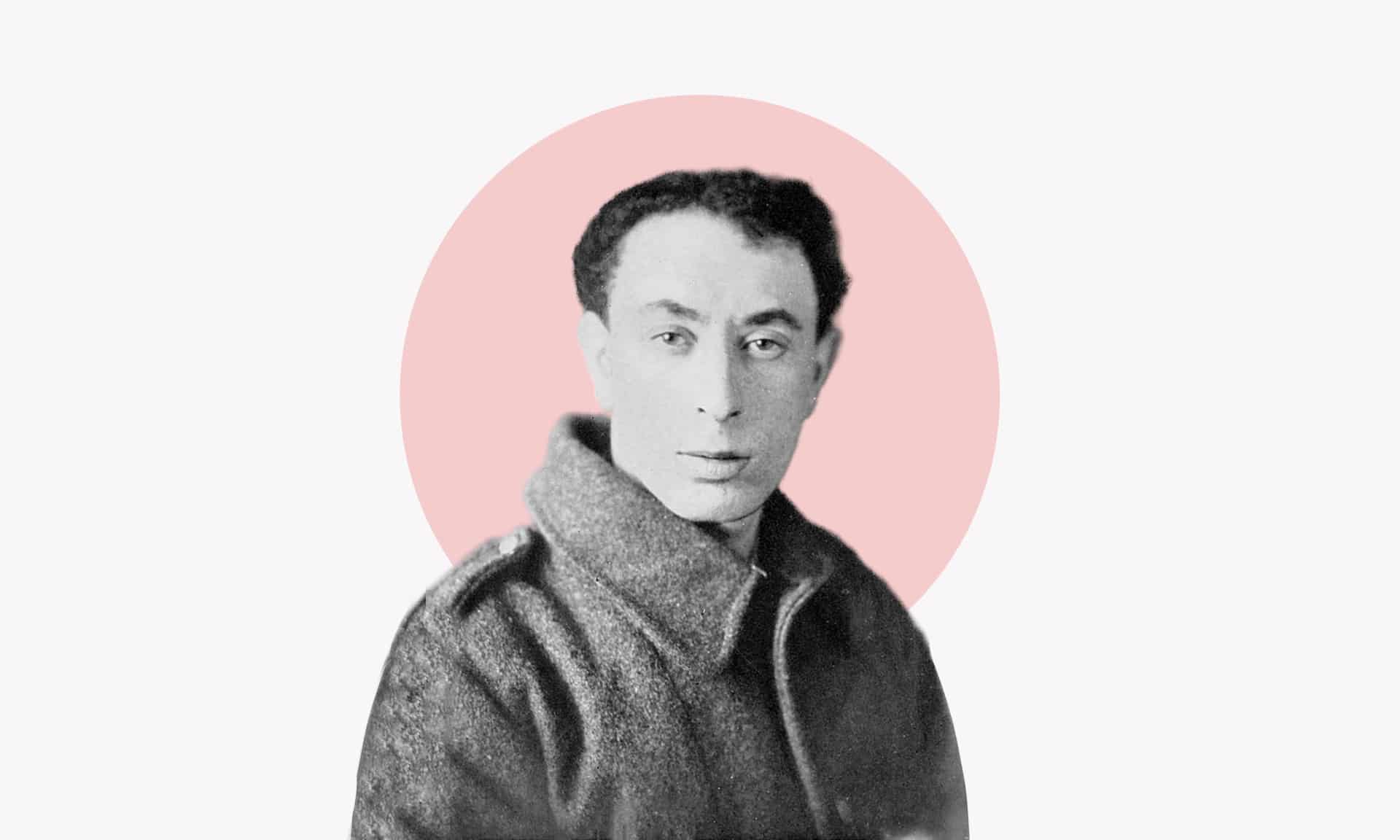
Russia
We support Ukraine because it represents the sacrosanct right to build one's own future
Ukraine is supported by many countries because it represents the right to build one's own future, in peace within the safety of their borders, without the threats of aggression. Peace, principles, justice and self determination are sacrosanct. That is why the Ukrainians do not want war. They want to live harmoniously among their own people, sharing the culture and heritage with their neighbours and the world.
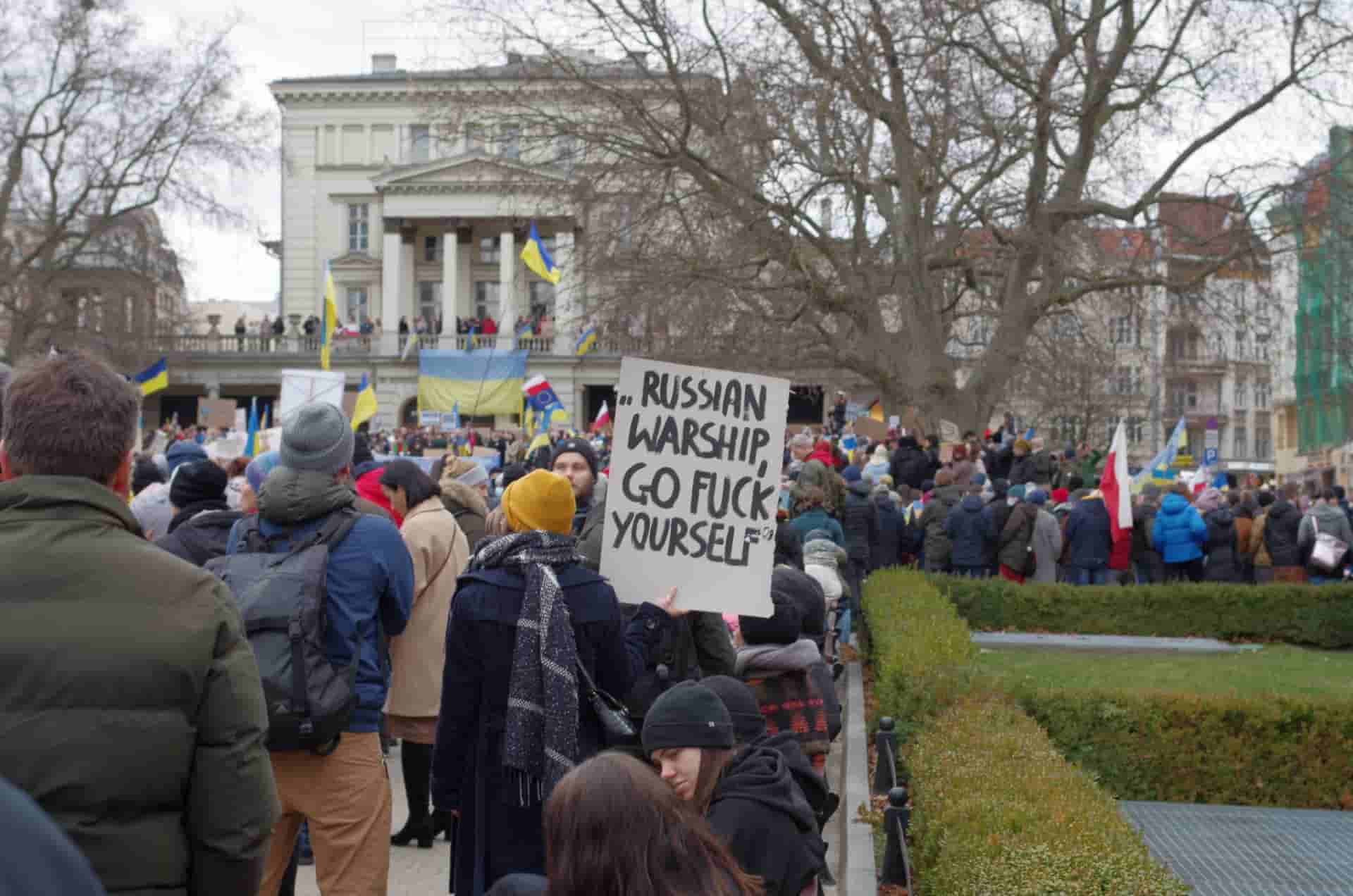
Literature
The master of the Bildungsroman: Leslie Poles Hartley’s life and works
Born in 1895 L.P Hartley was an English poet and author of many notable works including The Go-Between and The Eustace and Hilda trilogy. Learn more about his life and works.
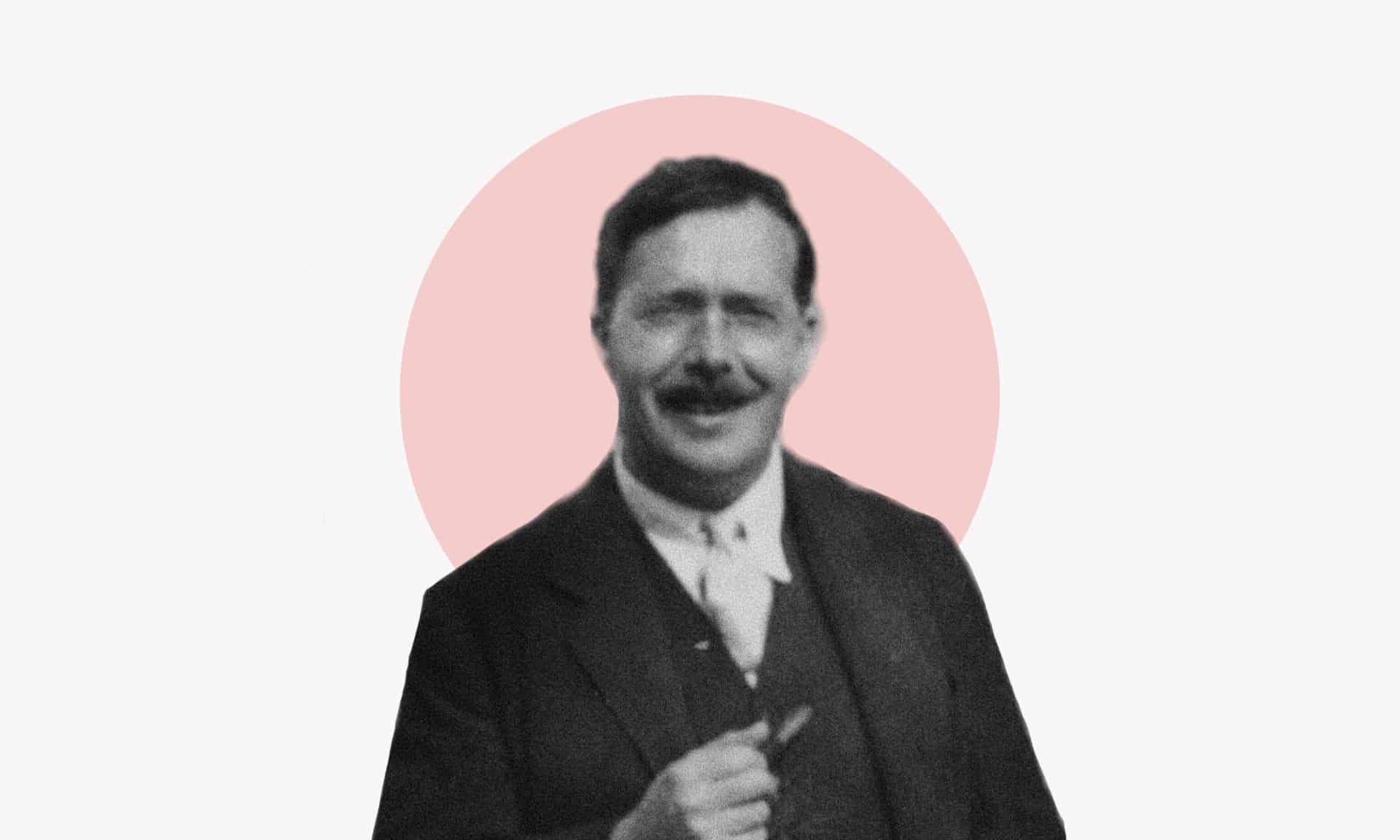
2021
Literature
John Osborne and The Angry Young Men
After our overview of post-war British drama with a survey of the Theatre of the Absurd, let us now look at another important literary movement that developed after the end of World War II. The end of the war left a sense of discontent and disillusionment, especially with the younger generation.
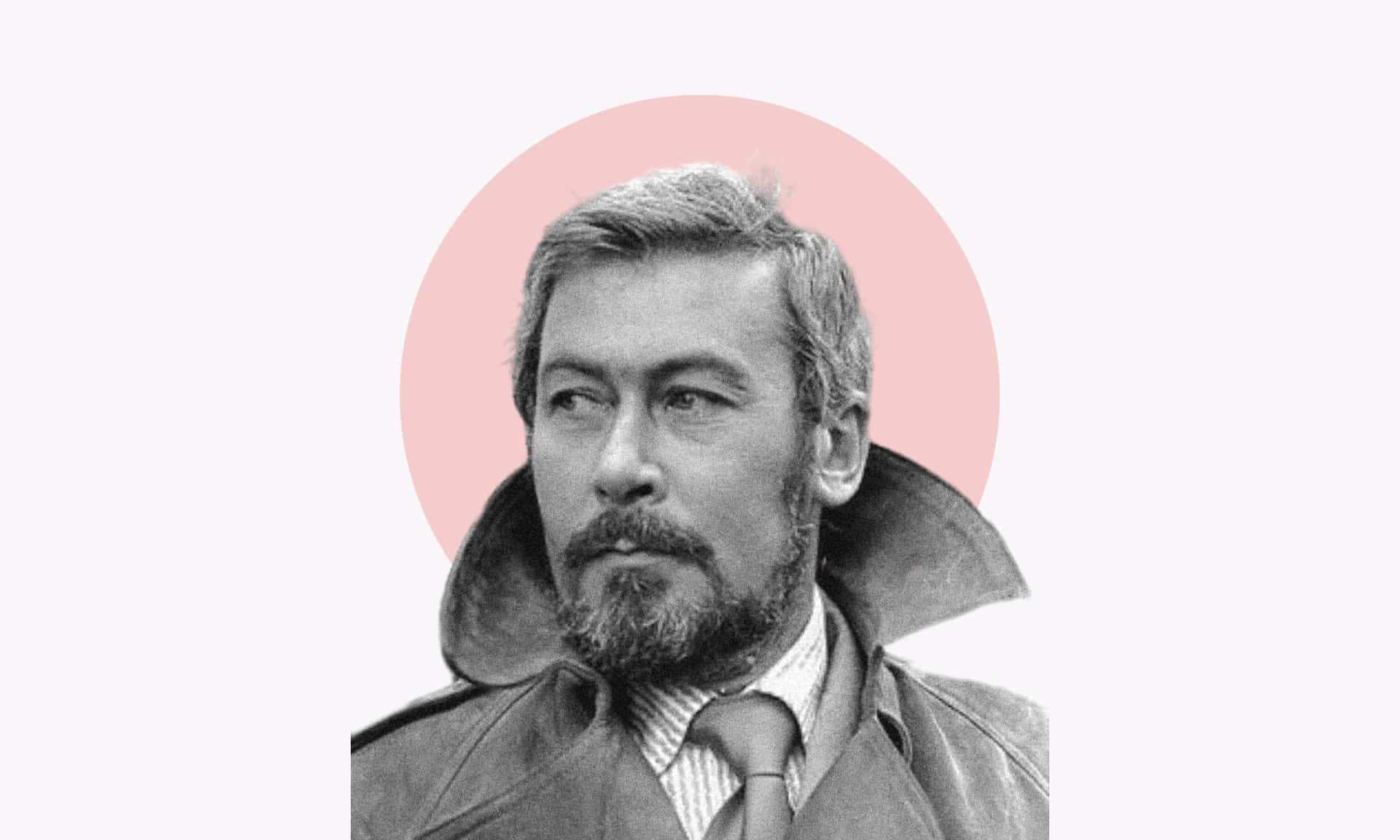
Literature
Harold Pinter: a mirror for the common people
In the last issue we saw how Samuel Beckett and Harold Pinter developed a new drama that was characterized by features that had nothing in common with the prevailing criteria of the time: the Theatre of the Absurd. In this issue we shall take a closer look at Nobel Prize winner Harold Pinter, one of the most influential modern British dramatists with a writing career spanning over more than 50 years.
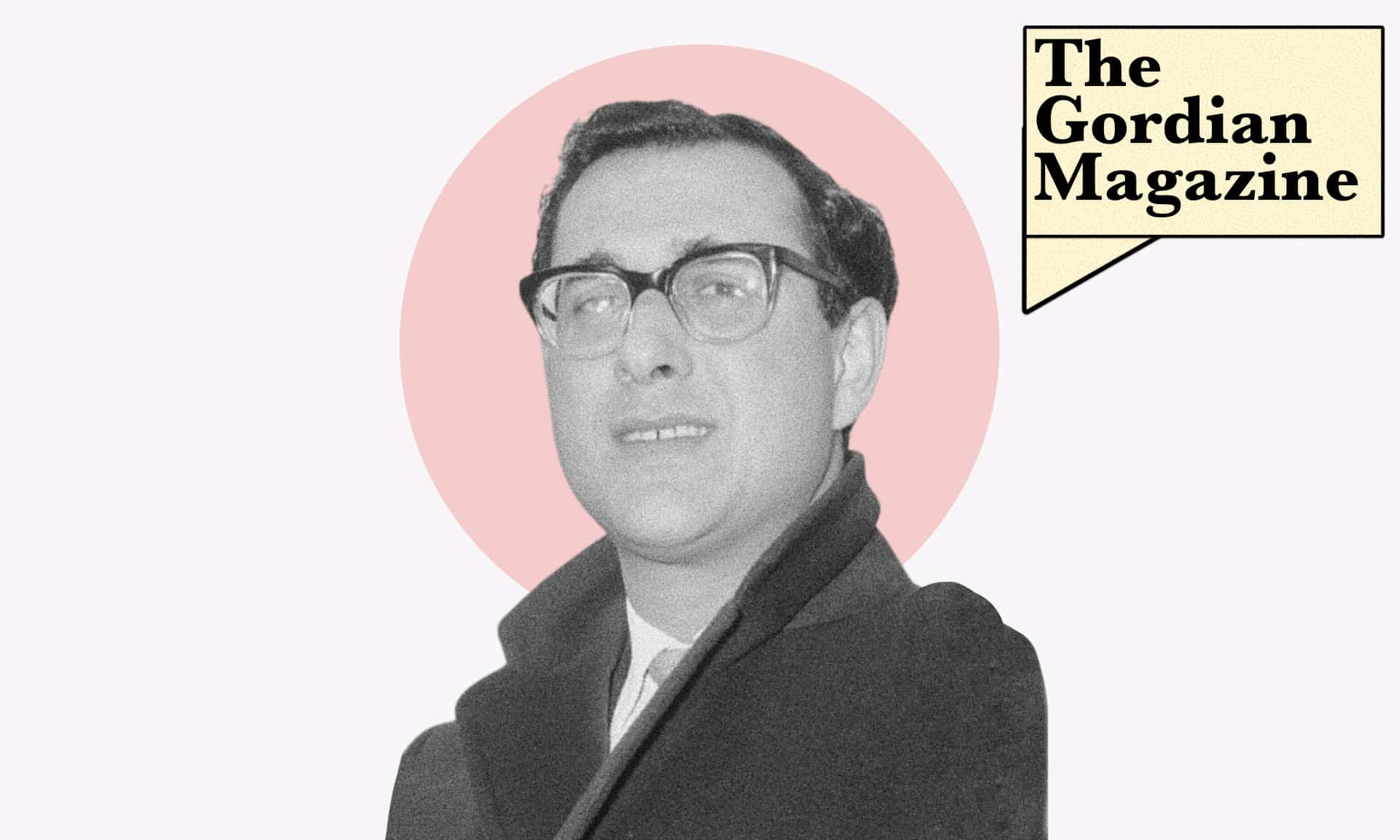
Literature
Samuel Beckett & Harold Pinter: 2 Giants of the Theatre of the Absurd
In the last issue we saw how some 20th century writers envisioned a dystopian future in reaction to the two world wars and to the dwindling human values. Protesting against society and the situation of man, but in a different way, were the giants of the Theatre of the Absurd Samuel Beckett and Harold Pinter.
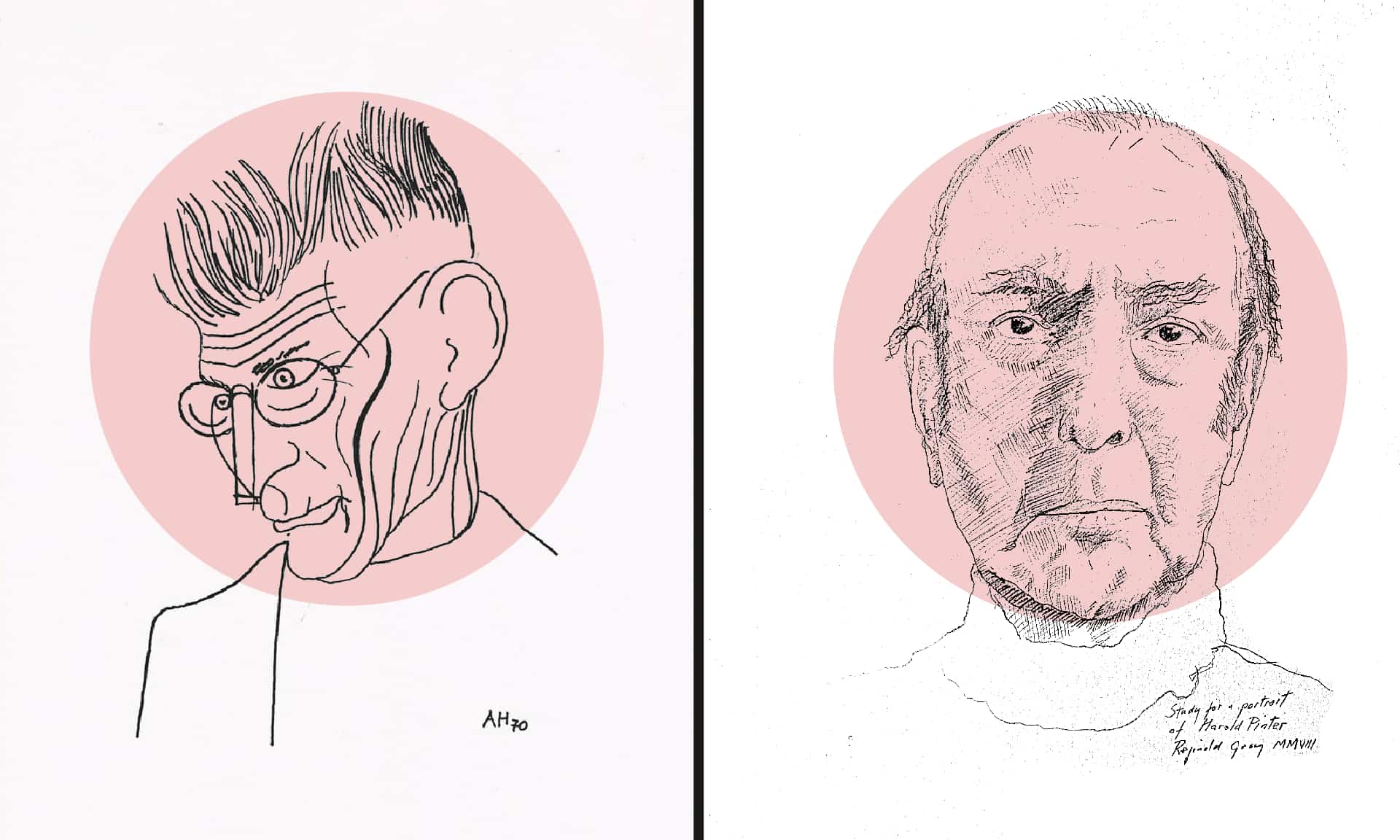
Literature
The Dystopian Novel: "Beyond Utopia"!
The dystopian novel developed during the 20th century when the reality of humanity’s volatile condition became evident after both the first and second world wars. The word, dystopia, refers to Utopia, the fictitious name of an ideal country, coined by Thomas More in his famous book Libellus … de optimo reipublicae statu deque nova Insula Utopia (1516).
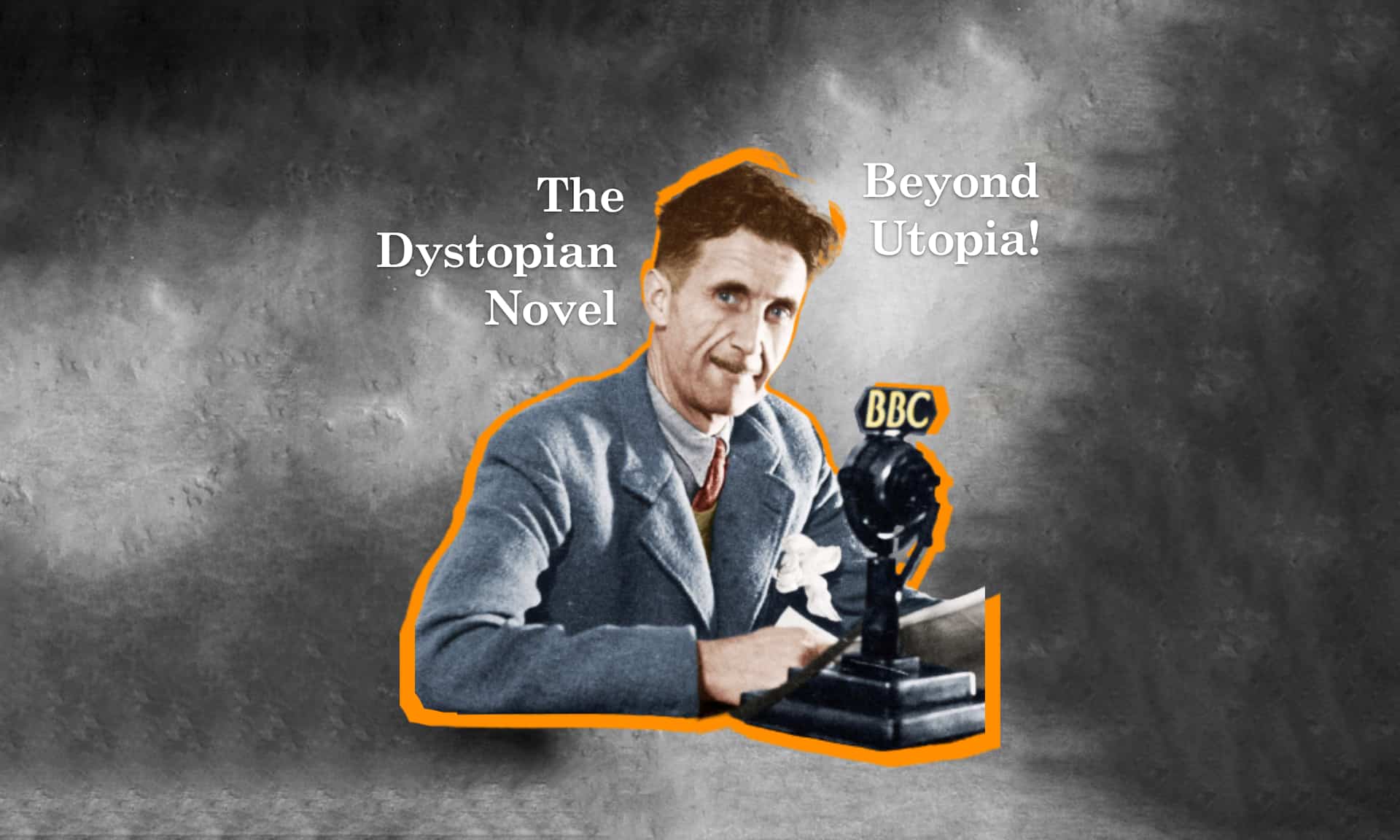
Literature
Fitzgerald's Great Gatsby VS T. S. Eliot's Waste Land: Portraying a dusty vastness where nothing thrives
The situation that plagued the world after World War One was one of callous apathy and emotional aridity. My last article on T.
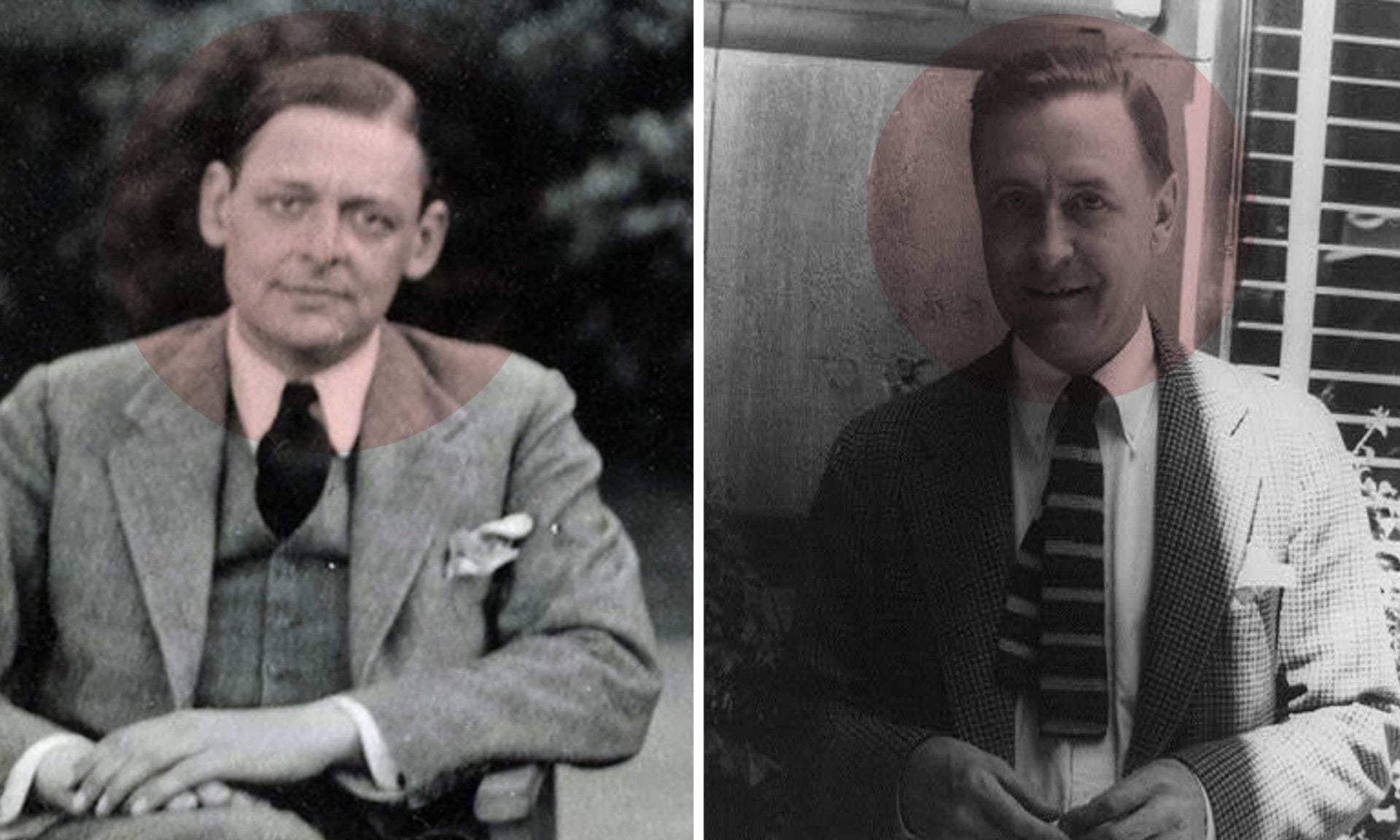
Showing 20 of 30 posts (Page 1 of 2)


